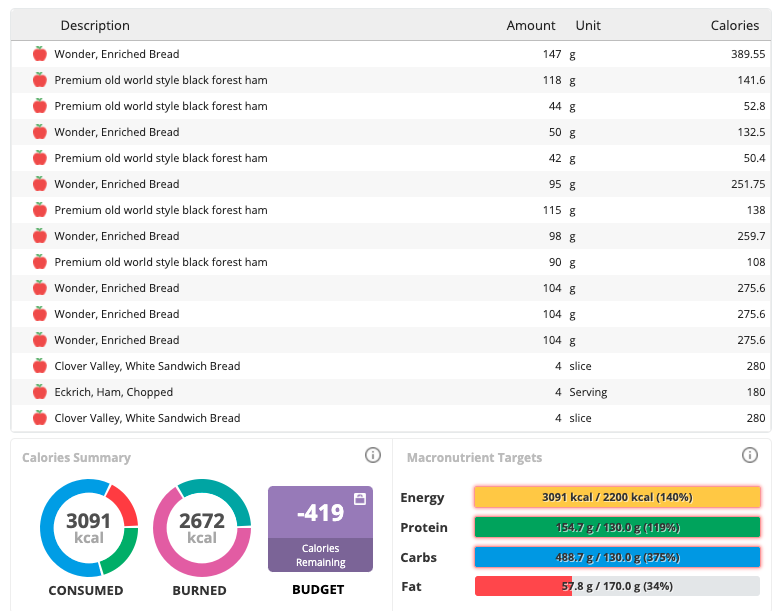
Okay -- watched the #JusticeLeagueSnyderCut -- my tl;dr thoughts...
Overall pros - definitely better than theatrical release, better character dev, cooler teaser moments
Overall cons - Some exposition material that didn't add much value in the first half, some meh music moments
Overall pros - definitely better than theatrical release, better character dev, cooler teaser moments
Overall cons - Some exposition material that didn't add much value in the first half, some meh music moments
But honestly, I'm more intrigued by the story around how this happened than the movie itself. This is the first situation I'm aware of that had a fan campaign for a rerelease actually result in a big budget do-over. This petitions are always started and typically go nowhere.
I don't know that Snyder and WB will rekindle the marriage, or for that matter, that they want to. But the teasers within the movie (you who've watched it know what I mean) are much more interesting to me than anything DC has been trying to tantalize me with so far...
Make that dark precog'd movie, thanks.
Maybe HBO can negotiate holding on to #SnyderVerse while WB does its thing with recast Batman, Joker, et al
(Kinda like dividing the kids in a divorce, no?)
Full disclosure, I'm an MCU fanatic. But I want all comic franchises to succeed.
Maybe HBO can negotiate holding on to #SnyderVerse while WB does its thing with recast Batman, Joker, et al
(Kinda like dividing the kids in a divorce, no?)
Full disclosure, I'm an MCU fanatic. But I want all comic franchises to succeed.
Exit observation. Remember when Wonder Woman (well received) before Justice League (not well received) was released a few months later in 2017?
Now a big reversal re Wonder Woman 1984 (not well received) preceded this #SnyderCut (well received so far) by a few months. 🤔🤔🤔
Now a big reversal re Wonder Woman 1984 (not well received) preceded this #SnyderCut (well received so far) by a few months. 🤔🤔🤔
• • •
Missing some Tweet in this thread? You can try to
force a refresh




